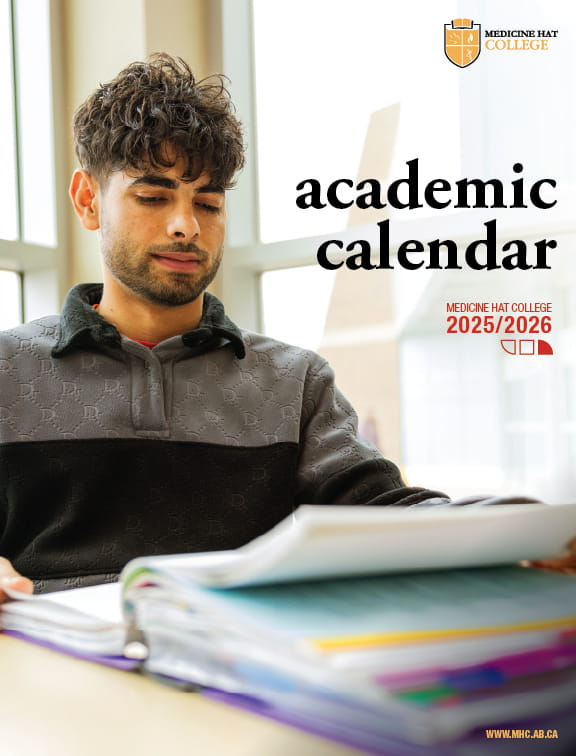Sustainable Innovation
A first of its kind in Canada, MHC’s Sustainable Innovation diploma prepares you to lead the development and implementation of regenerative solutions that address environmental, social, and economic challenges. Sustainable innovation focuses on creating new ideas, products, services, and processes that restore ecosystems, enhance social equity, and drive economic prosperity. You'll explore how to go beyond minimizing harm to the environment and society, focusing instead on actively regenerating the systems that support our built environment, ensuring a thriving future for both people and the planet.
This two-year, five-semester program, available in-person and online, includes integrated workplace learning and is designed for those eager to challenge conventional practices and push the boundaries of sustainability. Graduates will emerge as leaders equipped to drive regenerative innovation across industries, aligning their efforts with the United Nations' 17 Sustainable Development Goals (SDGs) to address global challenges with long-term, strategic solutions.
With a focus on systems thinking, you will learn to recognize the deep interconnections between organizational actions and their broader impact on people, communities, and ecosystems. Develop skills to communicate effectively and foster collaboration across diverse teams, all while creating regenerative solutions that not only meet present needs but restore and enrich the world for future generations.
High School Route
- ELA 30-1 or ELA 30-2
- Two Grade 12, 5-credit subjects with 50% or better
Mature Student Route
- ELA 30-1 or ELA 30-2
Year One
Year One - Term 1
- ENGL 110 - Technical Communications
- SUST 111 - Creativity and Changing Perspectives
- SUST 112 - Introduction to Social Innovation
- SUST 113 - Regenerative Design
- SUST 114 - Sustainability & Systems Thinking
Year One - Term 2
- SUST 121 - Sustainability & Modelling
- SUST 122 - Building and Sustaining Innovative Organizations
- SUST 123 - Building Community
- SUST 124 - Sustainability and Corporate Social Responsibility
- SUST 129 - Sustainability by Design
Year Two
Year Two - Term 3
- CPSC 151 - Data Modelling
- FINA 161 - Principles of Sustainable Finance
- SUST 212 - Design Thinking
- SUST 213 - Strategic Management and Innovation Elective
- GLGY 111 - Principles of Geoscience
- MKTG 141 - Sustainable Marketing
Year Two - Term 4
- GEOG 191 - Ecosystems and Environmental Change
- MGMT 181 - Sustainable Operations
- SUST 222 - Innovation and Strategic Implementation
- SUST 229 - Sustainable Innovation Project
- PHYS 101 - How Things Work
- MGMT 171 - Sustainable Innovation and Entrepreneurship
Year Two - Term 5
- SUST 299 - Sustainable Innovation Work-Integrated Learning
Students should consult Transfer Alberta for information regarding transfer credit and pathways for programs and individual courses.
NAIT
Graduates who satisfy the entrance requirements are eligible for admission into the third year of the Bachelor of Technology. Please contact NAIT for further information regarding admission into this program.
Royal Roads University
Graduates of the Sustainable Innovation diploma are eligible to enter the third year of the Bachelor of Arts in Environmental Practice, Bachelor of Arts in Interdisciplinary Studies, or Bachelor of Business Administration in Innovation and Sustainability. Students must present a minimum cumulative GPA of 3.0 (B grade) and meet all other admission criteria. Contact a Royal Roads University Academic Advisor for further information.









